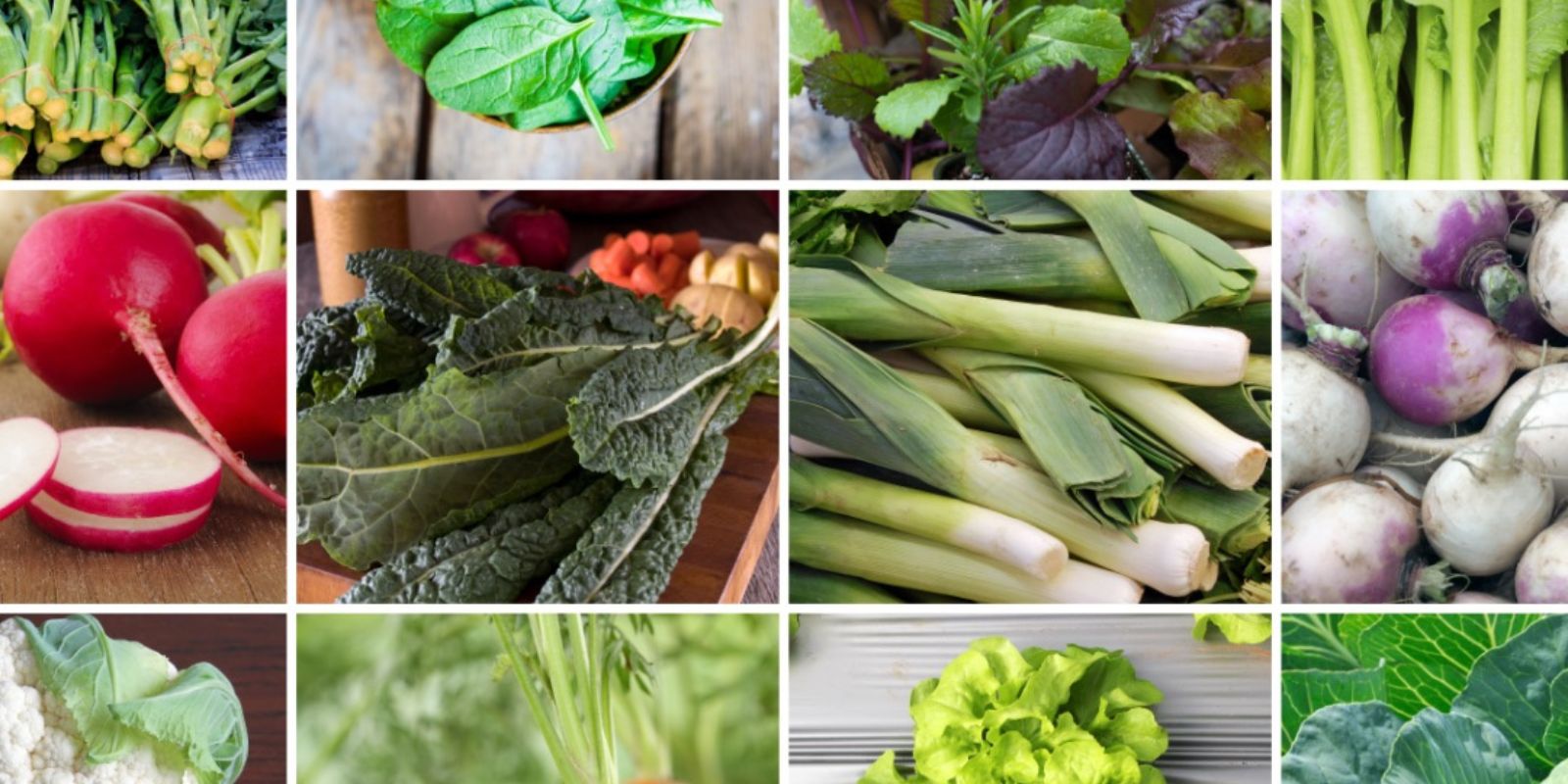Winter might seem like a dormant season for gardening, but with proper planning and techniques, you can grow a variety of fresh vegetables even in the coldest months. From leafy greens to root vegetables, winter gardening offers a productive way to enjoy homegrown produce year-round. This comprehensive guide will walk you through the best vegetables to grow, tips for success, and how to overcome winter gardening challenges.
Why Grow Vegetables in Winter?
Winter gardening has numerous benefits:
- Fresh Produce Year-Round: Even in the coldest months, you can enjoy freshly harvested vegetables.
- Cost Savings: Growing your own food reduces grocery bills and ensures a steady supply of seasonal produce.
- Health Benefits: Many winter crops, like kale and broccoli, are nutrient-rich and ideal for a healthy diet.
- Sustainability: By growing your own food, you reduce your carbon footprint and reliance on imported produce.
Best Vegetables to Grow in Winter
Here’s a list of vegetables that thrive in cool temperatures:
- Leafy Greens
- Kale, spinach, Swiss chard, and lettuce are hardy crops that thrive in cold weather.
- Harvest outer leaves as needed, and the plant will keep producing.
- Root Vegetables
- Carrots, radishes, turnips, and beets grow well in winter soil.
- Ensure the soil is loose and well-drained for easy root development.
- Brassicas
- Broccoli, Brussels sprouts, and cauliflower are winter staples that tolerate frost.
- These crops often develop sweeter flavors after a light frost.
- Alliums
- Garlic, onions, and leeks grow steadily during winter and are ready to harvest in spring.
- Plant cloves or bulbs in fall for best results.
- Legumes
- Peas are cold-hardy and can be grown in winter with minimal care.
- Use trellises for climbing varieties to maximize space.
Preparing Your Winter Garden
- Select the Right Location:
- Choose a spot with maximum sunlight exposure, as winter days are shorter.
- South-facing gardens or windowsills are ideal.
- Amend the Soil:
- Enrich your garden beds with compost and organic matter to provide essential nutrients.
- Ensure the soil is well-drained to prevent waterlogging during heavy rains.
- Plant at the Right Time:
- Most winter vegetables should be sown in late summer or early fall to establish before the cold sets in.
- Protect Against Frost:
- Use row covers, cold frames, or greenhouses to shield plants from extreme frost.
- Mulch around the base of plants to insulate the soil.
Tips for Growing Vegetables in Winter
- Choose Cold-Hardy Varieties:
- Select seeds labeled as frost-resistant or cold-tolerant for best results.
- Water Wisely:
- Reduce watering frequency as plants need less moisture during winter.
- Avoid overwatering, which can lead to root rot.
- Monitor for Pests:
- While pests are less common in winter, slugs and aphids may still appear. Use natural deterrents like diatomaceous earth or neem oil.
- Provide Adequate Ventilation:
- If using a greenhouse or cold frame, ensure proper airflow to prevent mold and mildew.
- Harvest Smartly:
- Many winter vegetables, like kale and spinach, benefit from regular harvesting. This encourages new growth.
Overcoming Winter Gardening Challenges
- Limited Daylight:
- Use reflective surfaces or grow lights to maximize available light for plants.
- Cold Temperatures:
- Invest in frost blankets or thermal covers to keep plants warm during freezing nights.
- Soil Freezing:
- Raised beds and container gardening can prevent soil from freezing solid.
- Slow Growth:
- Be patient; winter crops grow slower than their summer counterparts due to reduced sunlight and colder temperatures.
Container Gardening for Winter Vegetables
For those with limited outdoor space, growing vegetables in containers is an excellent option.
- Select the Right Containers:
- Use pots with good drainage to prevent waterlogging.
- Larger containers are ideal for root vegetables like carrots and beets.
- Use Quality Soil:
- Opt for well-draining, nutrient-rich potting mix to support healthy growth.
- Place Strategically:
- Position containers in sunny spots, such as patios, balconies, or windowsills.
- Move containers indoors during extreme cold.
Benefits of Winter Gardening
Winter gardening not only provides fresh produce but also keeps your gardening skills sharp year-round. Additionally, growing vegetables during the off-season enhances soil fertility by keeping it active and prevents weeds from taking over your garden beds.
In Conclusion
Winter gardening is a rewarding activity that ensures you always have access to fresh, homegrown vegetables. By selecting the right crops, preparing your garden, and following proper care techniques, you can enjoy a productive garden even in the coldest months.
Ready to start your winter garden? Let us know your favorite winter vegetables in the comments below!
🌱 #WinterGardening #GrowYourOwnFood #ColdWeatherCrops #HomegrownVeggies #GardeningTips #UrbanFarming #SustainableLiving

